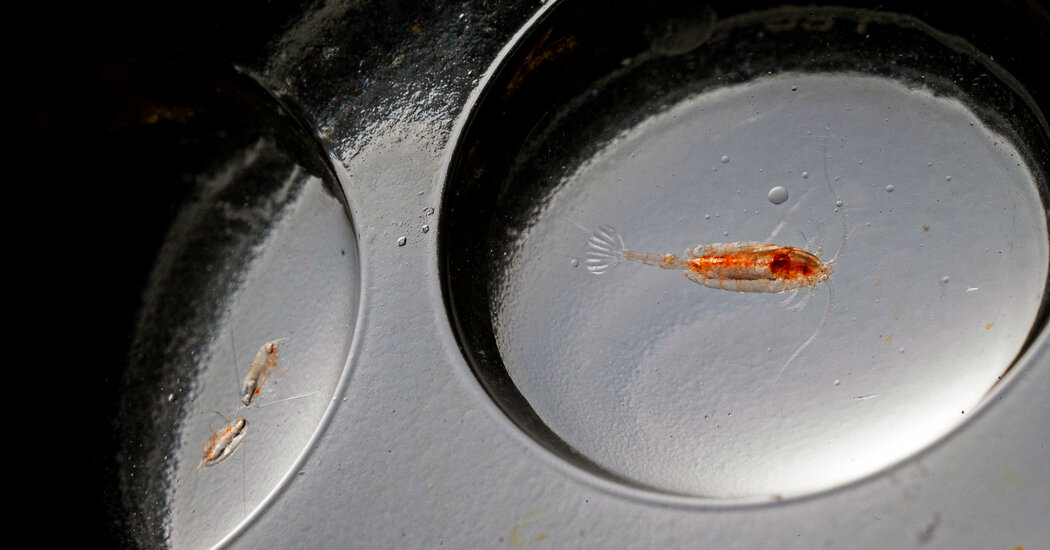The ocean, a vast and complex ecosystem, is facing unprecedented challenges due to climate change. Rising temperatures are not just affecting surface waters; they are fundamentally altering the base of the ocean food web, with potentially catastrophic consequences for marine life and beyond.
The Foundation: Phytoplankton
Phytoplankton, microscopic marine algae, are the foundation of the ocean’s food web. They are responsible for a significant portion of the planet’s oxygen production and serve as a crucial food source for a wide range of marine organisms, from zooplankton to whales.
Impact of Rising Temperatures
- Changes in Distribution and Abundance:
- Warmer waters are causing shifts in phytoplankton distribution, with some species thriving while others decline.
- These changes can disrupt the delicate balance of the ecosystem, affecting the availability of food for higher trophic levels.
- Reduced Nutrient Availability:
- Warmer surface waters create a more stable layer, limiting the mixing of nutrient-rich deeper waters.
- This nutrient limitation can hinder phytoplankton growth, reducing their overall productivity.
- Ocean Acidification:
- Increased carbon dioxide absorption by the ocean leads to acidification, which can negatively impact phytoplankton species with calcium carbonate shells.
- This also effects other shell fish, and coral as well.
- Disruption of Food Web Dynamics:
- Changes in phytoplankton composition and abundance can ripple through the food web, affecting zooplankton, fish, and marine mammals.
- This can lead to declines in fish populations, impacting fisheries and food security.
Consequences and Implications
- Loss of Biodiversity:
- Disruptions to the base of the food web can lead to declines in marine biodiversity, with potential extinctions of vulnerable species.
- Impact on Fisheries:
- Changes in fish populations can have significant economic consequences for fisheries, affecting livelihoods and food security.
- Altered Carbon Cycle:
- Phytoplankton play a crucial role in the ocean’s carbon cycle. Changes in their productivity can affect the ocean’s ability to absorb carbon dioxide from the atmosphere.
The Need for Action
Addressing the impacts of rising temperatures on the ocean food web requires urgent action to mitigate climate change. This includes:
- Reducing greenhouse gas emissions:
- Transitioning to renewable energy sources and 1 reducing reliance on fossil fuels.
1. github.com
- Transitioning to renewable energy sources and 1 reducing reliance on fossil fuels.
- Protecting marine ecosystems:
- Establishing marine protected areas and promoting sustainable fishing practices.
- Investing in research:
- Improving our understanding of the impacts of climate change on the ocean food web.
The health of the ocean is essential for the health of the planet. By taking action to address climate change, we can help protect the foundation of the ocean food web and ensure a sustainable future for marine life.
Be the first to know, follow our 9bet website for real-time updates.
